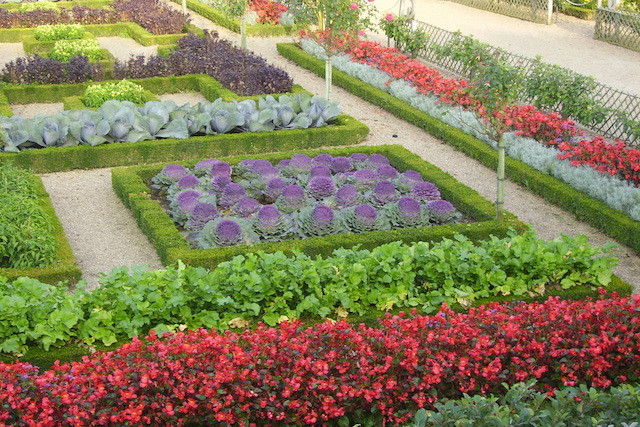Luxembourg City mayor Lydie Polfer (DP) and agriculture minister Romain Schneider (LSAP) presented on Thursday details of the Luxembourg garden fair (LUGA 2023) which will take place across four main areas of the capital and could bring in some 500,000 visitors.
A budget of €10 million has been allocated for the non-profit initiative, shared between the ministry and the City of Luxembourg, which will cover costs related to staff, admin and operations, as well as coordination and communication amongst the project zones.
This autumn, a call will be launched for interested associations to organise workshops and the like, but co-financing will only be eligible for projects within the four aforementioned zones.
Reconnecting through urban agriculture
As Schneider emphasized on Thursday, one of the objectives of LUGA 2023 is to highlight agriculture and viticulture, as well as urban planning. “The goal is also to reconnect people with nature, vegetable and fruit growing and urban agriculture to promote regional and seasonal food.”

The four zoning areas planned for LUGA 2023. Illustrative photo: Neumann Gusenburger
Four zones will undergo transformations for the fair, under four themes: the Pétrusse valley (pure nature); the municipal and Pescatore parks (nature and social aspects); Clausen, the Grund and Pfaffenthal (nature and culture); and the Kirchberg plateau (nature and urban development). Project ideas already range from vertical greening on Kirchberg, to including floral decorations on historical bridges, the lighting and modernisation of the aquatunnel in the Pétrusse and the promotion of gardens in an educational or sport context in the parks.
Among the themes to be advanced across all four zones include projects without pesticides; education linked to the environment, food and climate change; responsible mobility; and advancing tourism more broadly for the grand duchy.
